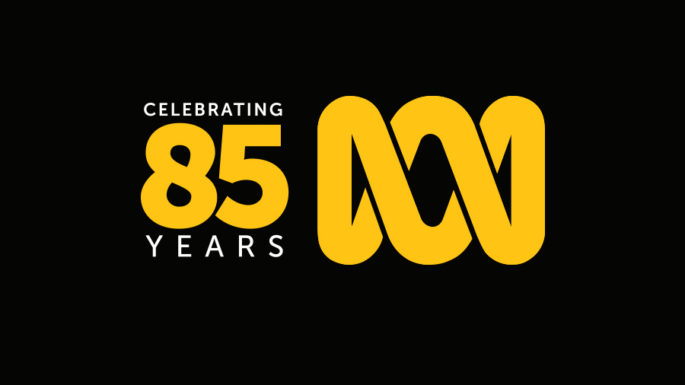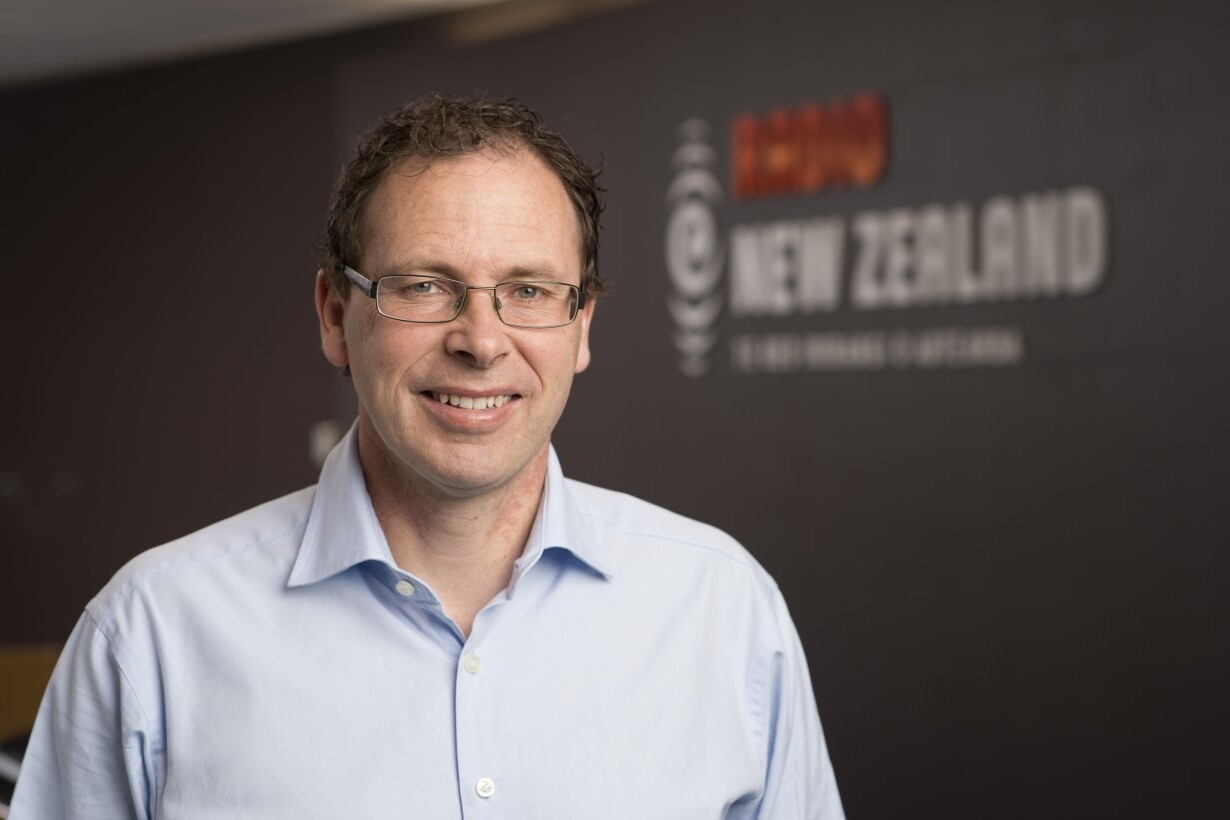By Alan Sunderland, Editorial Director, Australian Broadcasting Corporation
Australia is in the middle of a divisive and damaging debate about its major public broadcaster, the Australian Broadcasting Corporation.
The best way to give you a sense of that is to quote some of the headlines in recent weeks.
“Disbelief over push to sell ABC”
“Must we pay for the ABC’s leftism?”
“Why the ABC is a political football”
It’s a matter of record that, in recent times, the Australian Broadcasting Corporation has suffered a significant budget cut and a further reduction in funding is planned for next year.
At the same time, a series of legislative changes have been proposed to parts of the ABC Act, there have been multiple formal complaints about our journalism from the Government of the day and, most recently, the annual Federal Council of the Liberal Party, the party currently in power, has recommended that the ABC be sold off completely.

That last suggestion was quickly ruled out, but you don’t need to be a student of recent events in Switzerland to understand why some people in Australia believe the ABC is under threat from a hostile Government, while others attack the ABC for left-wing bias and for using taxpayer funding to crowd out competitors. For its part, the Government says all it wants is for the ABC to be an efficient and effective public broadcaster that fulfils its obligations in a fair and balanced way.
If that is indeed the aim – to create a public broadcaster that does its job properly – then a few facts might be helpful.
The ABC is watched, listened to or read online by about 70% of Australians. It is the most trusted media organisation in the country by a long shot. Around 80% of all Australians, based on independent opinion polls, trust our news and current affairs and consider our general programming to be valued, high quality and distinctive. We have the most extensive editorial controls of any media organisation, and when we do uphold complaints about our content, those complaints represent an extraordinarily tiny percentage of our vast output. And finally, we are efficient and low-cost, producing significantly more content than ever before with funding that, in real terms, is about half what it was a generation ago and significantly below the funding of public broadcasters in many other countries.
Around 80% of all Australians, based on independent opinion polls, trust our news and current affairs and consider our general programming to be valued, high quality and distinctive
If efficiency and quality is really what is being fought for, then by any fair measure the battle is largely being won. It is hard not to conclude, given that the ABC’s biggest critics are other media organisations suffering competitive pressure in a difficult media market, that it is our success in doing our job that is our biggest problem. That, and our fundamental commitment to protecting our independence.
Public broadcasting is a perilous construct at the best of times. It rests on a challenging but vitally important principle: that governments will fund something that they cannot and should not control.
Around the world, governments that are not committed to a free press tend to create ‘state’ broadcasters: media organisations that exist to be a mouthpiece for the party in power. But in any nation committed to democracy, the importance of a free press is fundamental. An independent and well-funded public broadcaster can be a powerful element of that free press – funded by the public, beholden to no commercial or other vested interests, it exists to report bravely in the public interest, without fear or favour.

It’s a heavy responsibility, and it brings with it a high degree of accountability. But importantly, that accountability is administered independently, at arm’s length from the Government of the day. That’s why the ABC maintains clear and publicly available editorial standards, transparently handles public complaints about our editorial performance, and is also subject to investigation by the industry regulator.
If the ABC fails in its responsibilities, the system delivers the means whereby we can be held to account. What our system doesn’t do is make the Government of the day the arbiter of our editorial standards, and for good reason. Like all good public broadcasters around the world, it is actually in our job description to occasionally bite the hand that feeds us, along with a great many other hands as well. The public that funds us would expect nothing less.
So while the current raging debate in Australia serves as a reminder to the ABC to reflect on its performance and ensure we are doing our job in an accurate and impartial way, it should also serve as a reminder that in an era of fake news, hidden agendas, declining budgets and collapsing media business models, the role of an independent, well-funded and local public broadcaster has never been more important.
Alan Sunderland
Editorial Director
Australian Broadcasting Corporation
Header Image: The ABC Ultimo Centre, ABC HQ, Sydney. Credit: lleerogers/istock
Related Posts
2nd March 2018
Battered but not Broken | Why we need public media in the digital age
Public Media Alliance CEO, Sally-Ann…
19th January 2018
Insight | How public media should respond to journalism’s crisis
PMA President and Radio New Zealand CEO…




